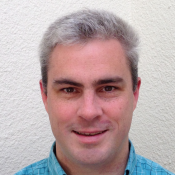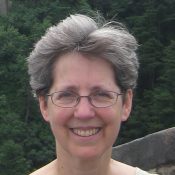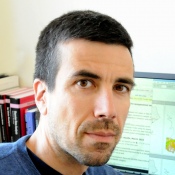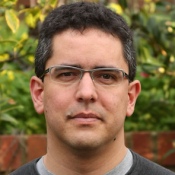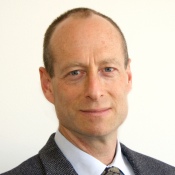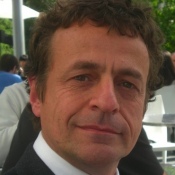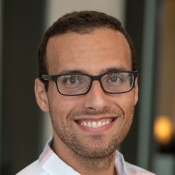Statistical Computing
Berkeley Statistics faculty work across a range of topics related to the use of computing in Statistics and Data Science, from the development of software languages and tools to innovations in computationally-intensive statistical methods. Current faculty have been leaders in the Jupyter and IPython projects, the Bioconductor Project, and the NIMBLE platform for hierarchical modeling. Our work on computationally-intensive methods includes research on randomized algorithms for big data, assessment of random number generators, and optimization.
In addition, Berkeley faculty have a long history of innovation in emphasizing computing in undergraduate statistical education.

